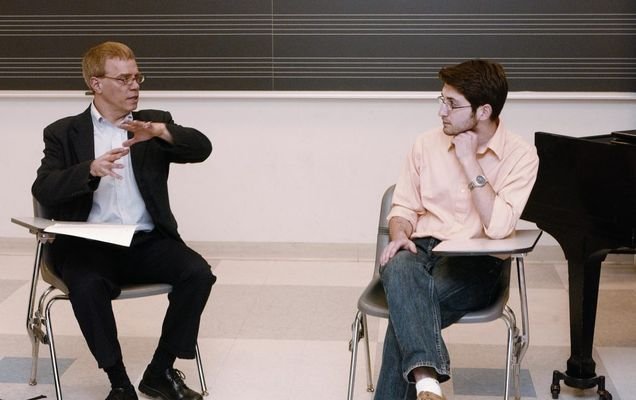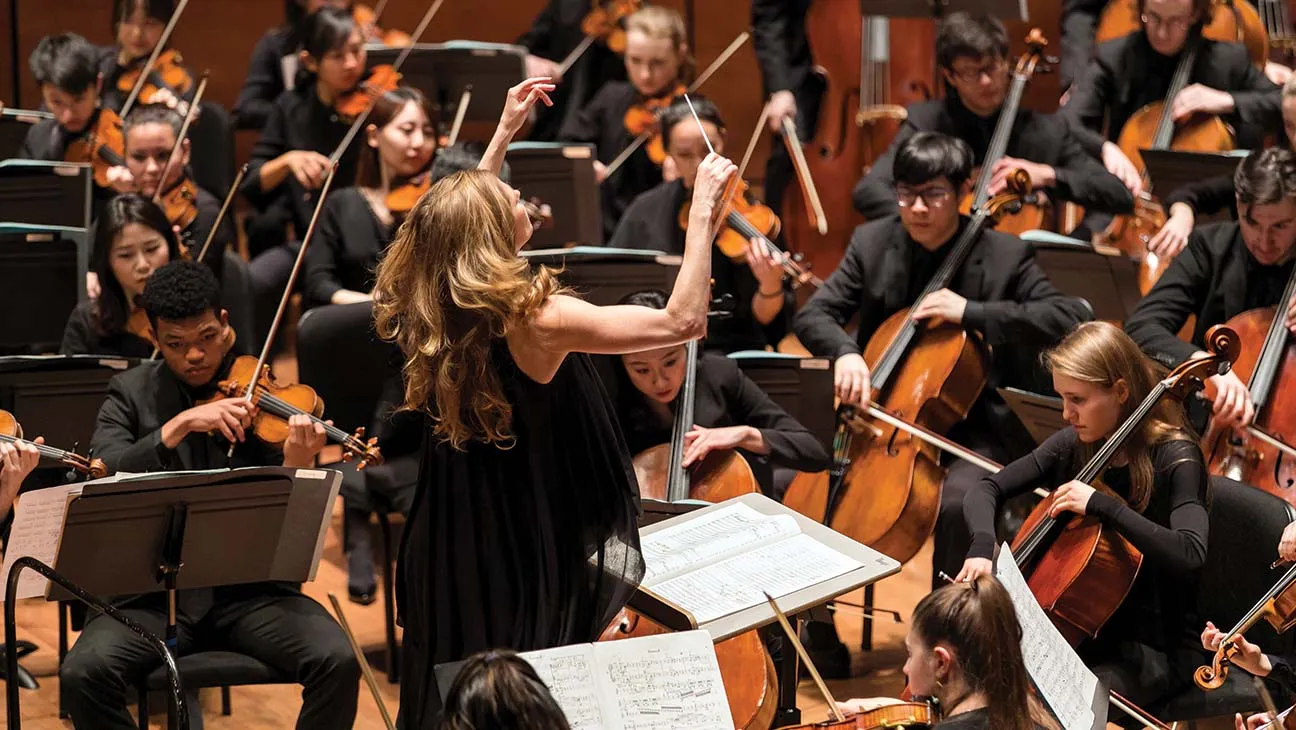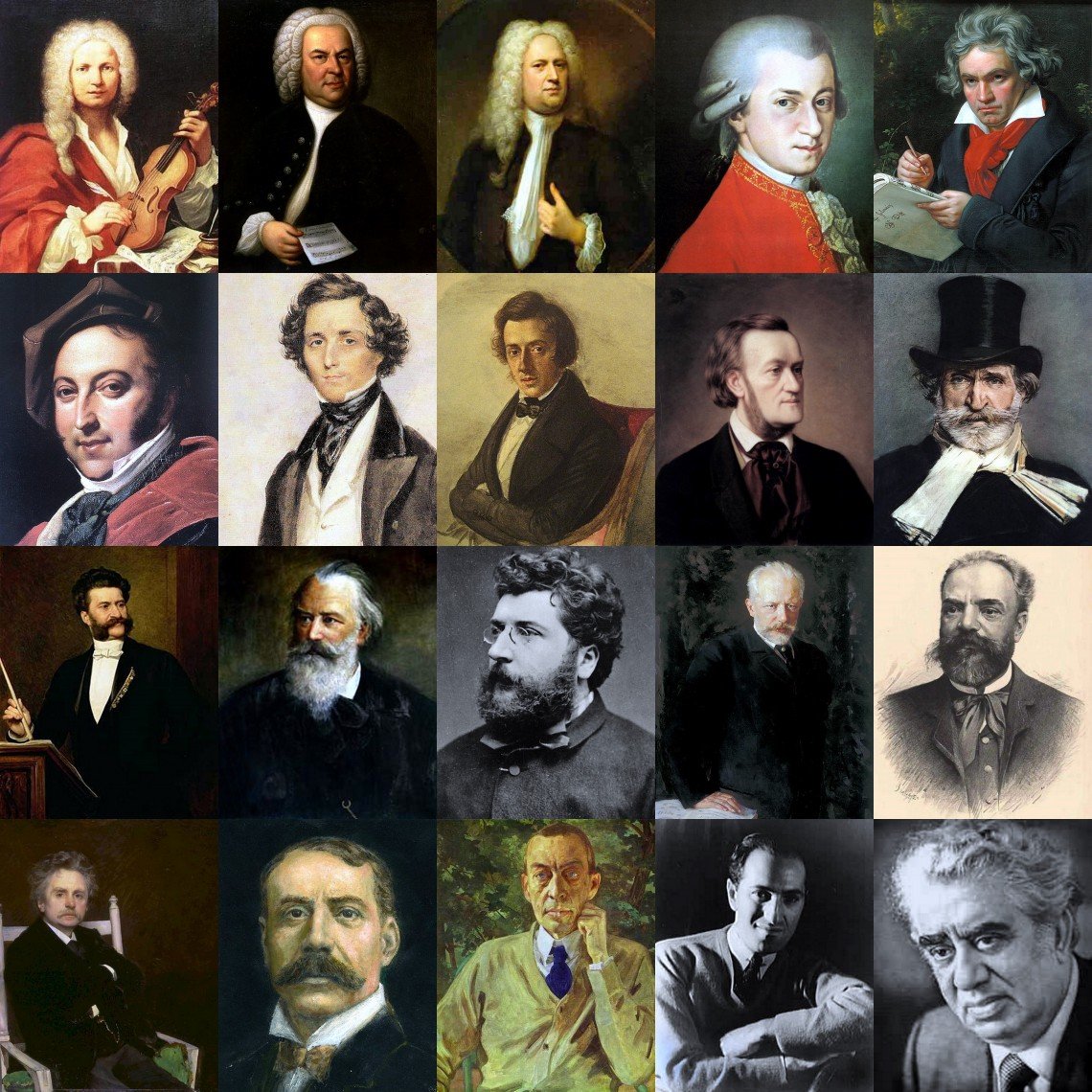Music composition and songwriting are two distinct but interconnected processes that contribute to the creation of music. While both involve crafting melodies and harmonies, they differ in their focus and execution. Understanding these differences can help aspiring musicians, composers, and songwriters navigate their creative paths.
What Is Music Composition?
Music composition is the art of creating instrumental music, typically without lyrics. It involves the development of melodies, harmonies, rhythms, and arrangements. Composers craft music for various genres, including classical, jazz, film scores, and video game soundtracks.
Key Aspects of Music Composition:
- Instrumental Focus: The composer primarily works with instruments or orchestral arrangements to evoke emotions and themes.
- Complexity: Composers may create intricate musical structures, exploring various sections, movements, or themes.
- Genre Variety: Composers work in many genres, from classical symphonies to contemporary instrumental tracks.
- No Lyrics: Music composition typically excludes lyrics, focusing purely on the musical experience.
What Is Songwriting?
Songwriting refers to the creation of songs that often include both lyrics and music. A song can be a simple ballad or a complex pop anthem, but it usually consists of lyrics paired with a melody. Songwriters are responsible for crafting the overall structure of a song, including verses, choruses, and bridges.
Key Aspects of Songwriting:
- Incorporating Lyrics: The primary distinction in songwriting is the addition of lyrics, which tell a story or convey a message.
- Song Structure: Songwriters focus on crafting the structure of a song, including sections like verses, choruses, and bridges.
- Lyricism and Melody: The melody and lyrics are often created together to complement each other.
- Emotional Connection: Songwriters focus on conveying emotions and ideas through both the music and lyrics.
Key Differences Between Music Composition and Songwriting
1. Focus on Instrumentals vs. Lyrics
- Music Composition: Primarily focused on instrumental arrangements and orchestration.
- Songwriting: Involves both the creation of melodies and lyrics, with an emphasis on storytelling.
2. Purpose and Scope
- Music Composition: Can be designed for a wide range of uses, such as film scores, operas, or instrumental pieces.
- Songwriting: Often focuses on creating songs for radio, albums, or performances, with the aim of resonating with listeners through lyrics and melody.
3. Structure and Arrangement
- Music Composition: Composers often work with complex structures, orchestras, or electronic arrangements, focusing on harmonic richness and thematic development.
- Songwriting: The structure tends to be more straightforward, focusing on verses, choruses, and bridges to maintain engagement.
4. Performance Style
- Music Composition: Composers often write for large ensembles or orchestras, with less emphasis on personal performance.
- Songwriting: Songwriters may perform their own songs or collaborate with performers, often with an emphasis on vocal delivery and interpretation.

The Creative Process: Composition vs. Songwriting
Music Composition
- Inspiration: Composers may start with a concept, mood, or theme and build from there.
- Development: They create musical phrases, motifs, and orchestrations, often refining over several stages.
- Final Product: The result is an instrumental composition, ready for performance or recording.
Songwriting
- Inspiration: Songwriters often draw from personal experiences, stories, or themes they want to express through lyrics.
- Structure: They focus on the overall song structure, balancing the lyrical content with the melody.
- Collaboration: Many songwriters collaborate with other musicians to refine the sound and arrangement.
Examples of Composition and Songwriting
- Music Composition: Beethoven’s Symphony No. 9, John Williams’ Star Wars score, and Hans Zimmer’s Inception soundtrack.
- Songwriting: The Beatles’ Hey Jude, Bob Dylan’s Blowin’ in the Wind, and Adele’s Someone Like You.
Conclusion
Music composition and songwriting are both essential parts of the music industry, each with its unique focus and process. While composers concentrate on creating instrumental music, songwriters blend melody with lyrics to produce songs that connect with audiences. Both require creativity, technical skill, and passion, but the approach and final outcomes differ in significant ways.
Balancing Composition Work With Leisure
The creative process can be mentally taxing, and taking short breaks is essential for maintaining a healthy rhythm. Many composers find it helpful to step away and engage with something lighthearted between sessions. Platforms offering entertainment incentives, such as the
crazyvegas casino bonus, can offer a quick and cost-effective form of relaxation—allowing the mind to reset before diving back into the world of melody and harmony.











